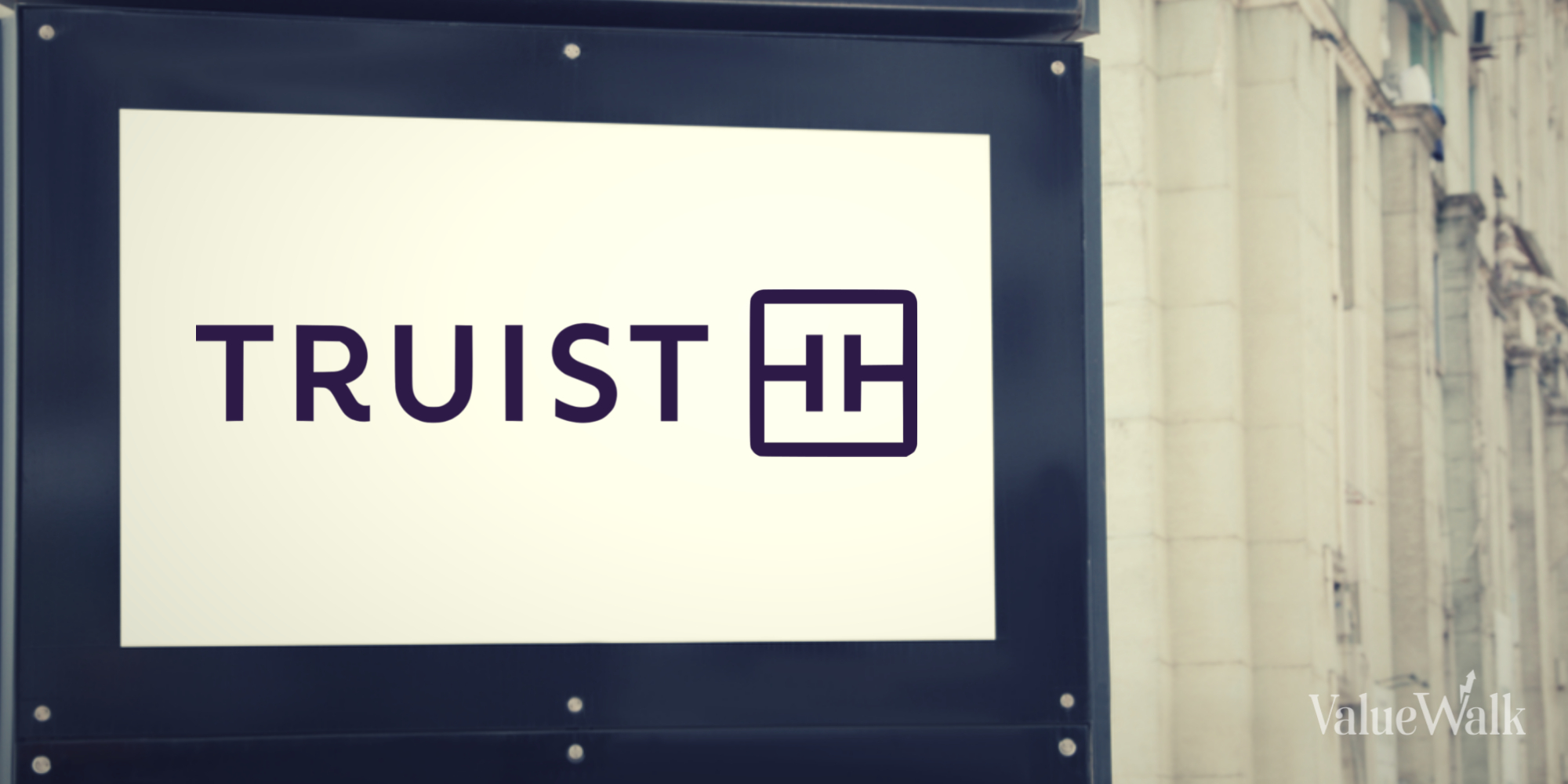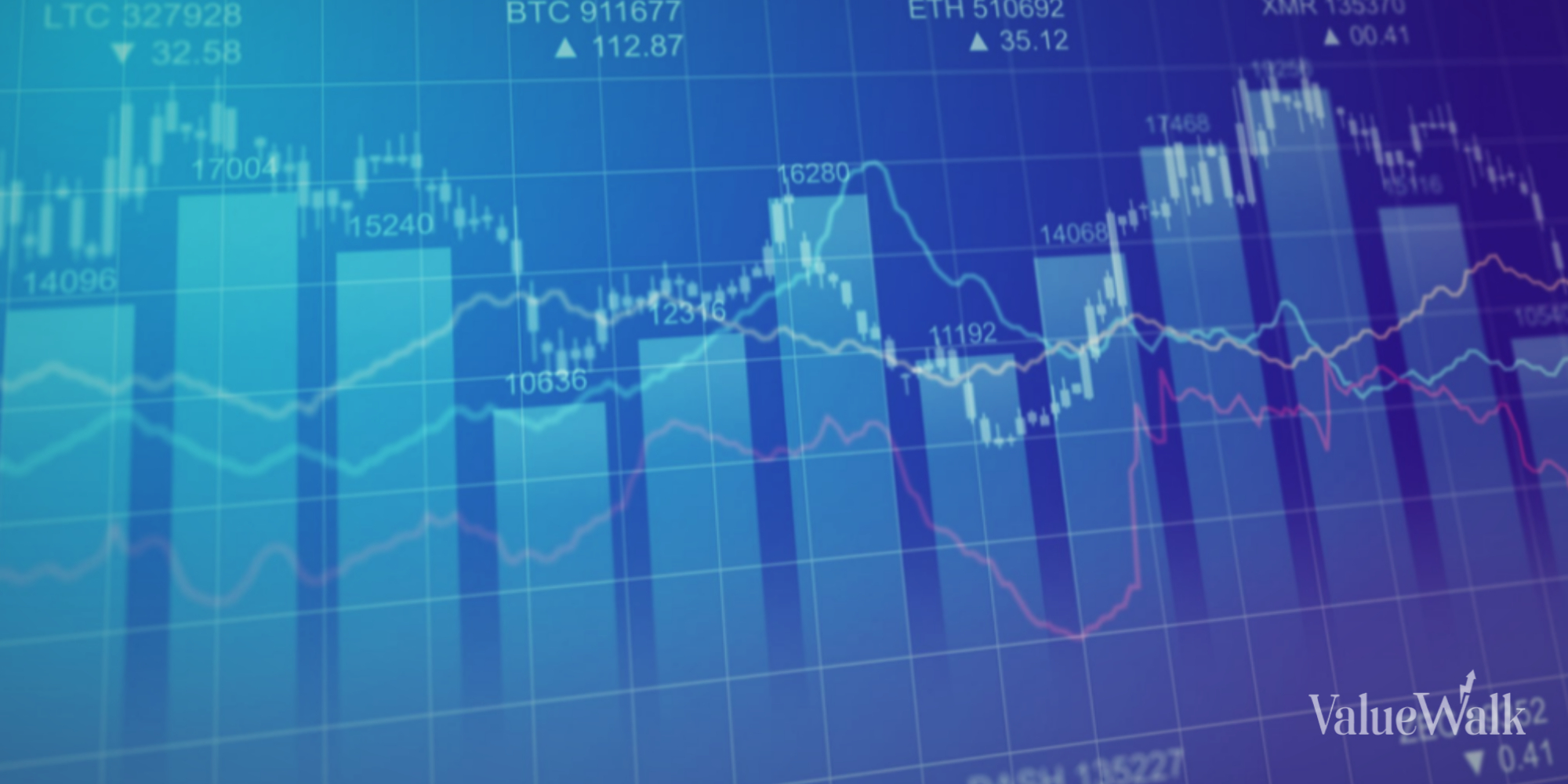Chinese online retailer Alibaba has turned its focus back to China after spending much of last year focusing on international expansion. In address to employees today, CEO Daniel Zhang outlined his strategy for this year, which includes plans to grow its operations in Tier-One cities in China. The retailer already has a very large presence in the cities, so growing its operations in them significantly could prove to be a tall order.
The news comes a couple days after Alibaba announced another fundraising round for its financial service unit.
Alibaba targets wealthy Chinese
An article on Alizila explained the three-prong strategy, which involves promoting e-commerce in rural China and international markets in addition to a refreshed focus on Tier One Chinese cities.
“We are going to consolidate and expand our current market, particularly by enhancing reputation, optimizing user experience and increasing our market share in first-tier cities,” Zhang told employees at the company’s campus in Hangzhou.
China’s Tier One cities are filled with the nation’s richest citizens, so trying to capture more business in them will entail attracting the mega-rich. Zhang didn’t offer many details, but comments made in September suggested this refocusing as Alibaba announced plans to set up a second headquarters in Beijing.
For some time, the online retailer has been pushing its operations in the Chinese capital, particularly in online grocery sales and consumer electronics. Further, the company is planning to use the new headquarters to improve service to the more than 400 million people who live in norther China. Currently Alibaba’s penetration and support levels there are not as developed as they are in the southeastern provinces.
Other areas of focus for Alibaba
In addition to targeting China’s richest citizens, Alibaba is also planning other areas of focus. Zhang summarized the three main areas as “global import, rural e-commerce, and top-tier cities.” In 2015, they focused on international expansion. The online retailer hired former Goldman Sachs executive Michael Evans to oversee this expansion. Alibaba also brought onboard former Apple executive Matthew Bassiur to battle a serious problem it has faced for quite some time: sales of fake merchandise on its platform. Further, it improved its operations in Europe and highlighted cross-border online shopping during its annual 11.11 Shopping Festival.
This year, Alibaba will bolster its international expansion efforts through Tmall Global, its cross-border online shopping platform that connects Western merchants with Chinese citizens to facilitate sales between them. Also the company’s g.taobao.com platform, a smaller niche sales channel within the massive Taobao Marketplace, will see improvements aimed at simplifying cross-border sales. Customers will be able to find products from merchants around the globe.
Another improvement Alibaba is planning this year is a platform to assist hinterlands farmers in selling and delivering their products to online customers in Tier One cities. The online retailer already has more than 10,000 service centers in Chinese villages and offers delivery services in over 20 provinces.
Shares of Alibaba dropped in early trading today before bouncing. As of this writing, the stock is down by 0.46% at $78.27 per share.





